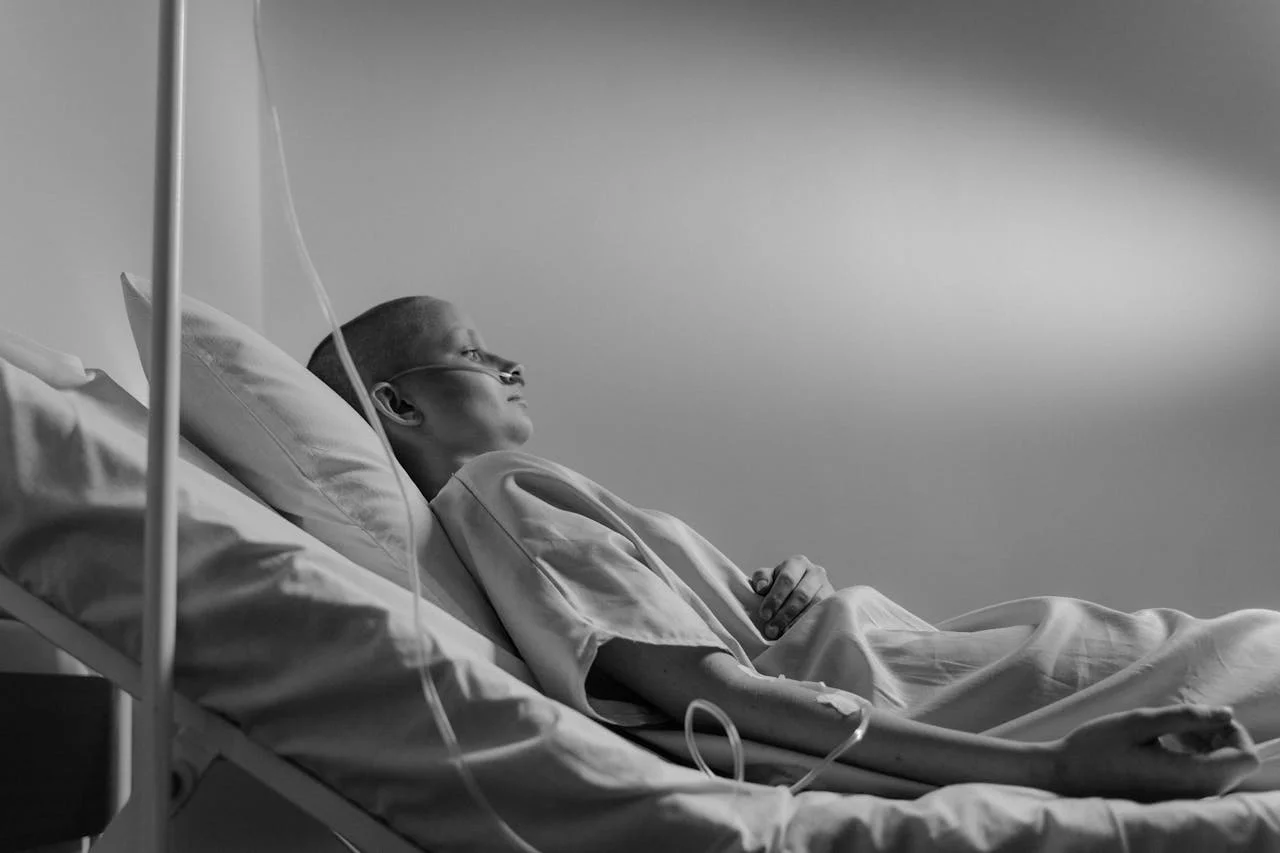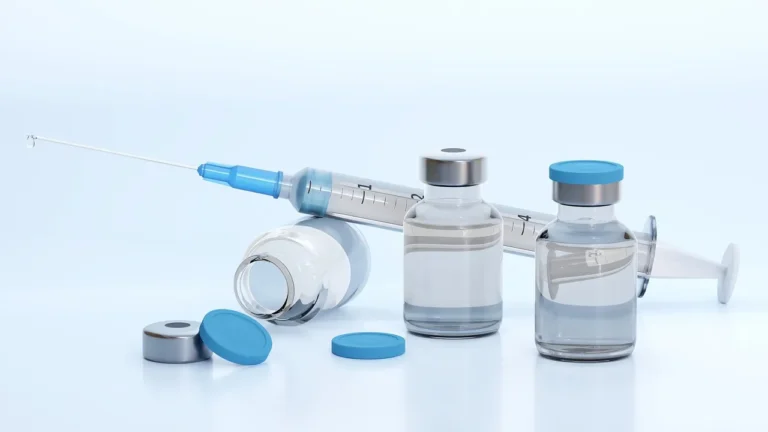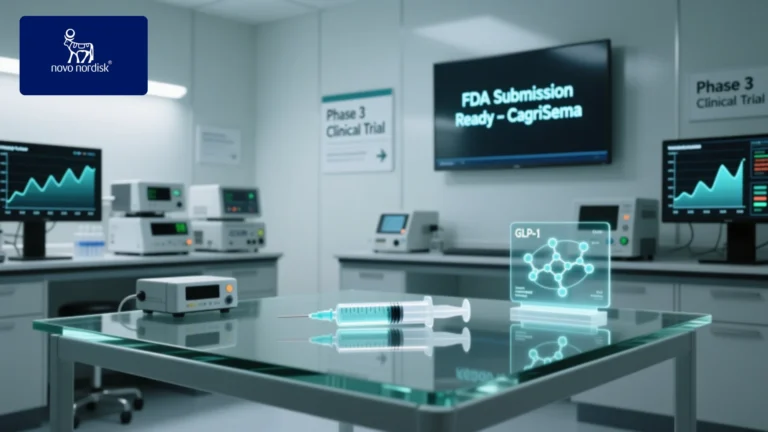
The U.S. Food and Drug Administration (FDA) has granted accelerated approval for Augtyro™ (repotrectinib) for treating adult and pediatric patients (12 years and older) with solid tumors that have a neurotrophic tyrosine receptor kinase (NTRK) gene fusion. This includes locally advanced or metastatic tumors, or cases where surgical resection could cause severe morbidity, that have progressed following treatment or have no satisfactory alternative therapy. This approval is based on results from the Phase 1/2 TRIDENT-1 study evaluating Augtyro in adults with NTRK-positive solid tumors.
“NTRK fusion-positive tumors pose clinical challenges, making additional treatment options crucial,” said Dr. Alexander Drilon, TRIDENT-1 global trial lead and Chief of the Early Drug Development Service at Memorial Sloan Kettering Cancer Center. “FDA approval of repotrectinib provides a significant tool for treating NTRK fusion-positive solid tumors in both TKI-naïve and TKI-pretreated patients.”
The TRIDENT-1 trial included TKI-naïve (n=40) and TKI-pretreated (n=48) patients with NTRK-positive locally advanced/metastatic solid tumors, representing 15 different cancer types. Among TKI-naïve patients, 58% had a confirmed objective response rate (cORR), with 43% showing partial responses and 15% complete responses. 83% of these patients remained in response after one year, with a median duration of response (mDOR) not yet reached. In TKI-pretreated patients, the cORR was 50%, with a mDOR of 9.9 months. Intracranial responses were observed in both TKI-naïve and TKI-pretreated patients with measurable CNS metastases.
Warnings for Augtyro include central nervous system effects, interstitial lung disease/pneumonitis, hepatotoxicity, myalgia with creatine phosphokinase elevation, hyperuricemia, skeletal fractures, and embryo-fetal toxicity.
“FDA approval of Augtyro for NTRK-positive tumors expands its indication beyond ROS1-positive NSCLC,” said Nick Botwood, senior VP of Medical Oncology at Bristol Myers Squibb. “This milestone addresses an unmet need for both TKI-naïve and TKI-pretreated patients.”
Susan Spinosa, president and patient co-founder of NTRKers, highlighted the importance of this approval for patients with rare gene fusions, providing new hope and treatment options.
The recommended dose for Augtyro for patients 12 years and older is 160 mg orally once daily for 14 days, then 160 mg twice daily until disease progression or unacceptable toxicity. The safety and effectiveness for pediatric patients under 12 years with NTRK gene fusion have not been established. This is Augtyro’s second U.S. indication, following its approval for ROS1-positive NSCLC in November 2023.
Dr. Drilon disclosed advisory and speaking services to Bristol Myers Squibb.
The TRIDENT-1 trial is a global, multicenter, single-arm, open-label, multi-cohort Phase 1/2 study evaluating Augtyro in patients with NTRK gene fusion-positive solid tumors. Phase 1 determined the recommended Phase 2 dose. Phase 2 focuses on the objective response rate (ORR) and other secondary endpoints, including duration of response and intracranial response.
Safety data from 426 patients in the TRIDENT-1 trial show permanent discontinuation due to adverse reactions in 7% of patients, dosage interruptions in 50%, and dose reductions in 38%. Serious adverse reactions occurred in 35%, with pneumonia (6.3%), dyspnea (3.1%), and others in ≥2%. Fatal adverse reactions were reported in 3.5% of patients, with common adverse reactions including dizziness (65%), dysgeusia (54%), and peripheral neuropathy (49%).
For detailed safety information, please refer to the accompanying Important Safety Information.





